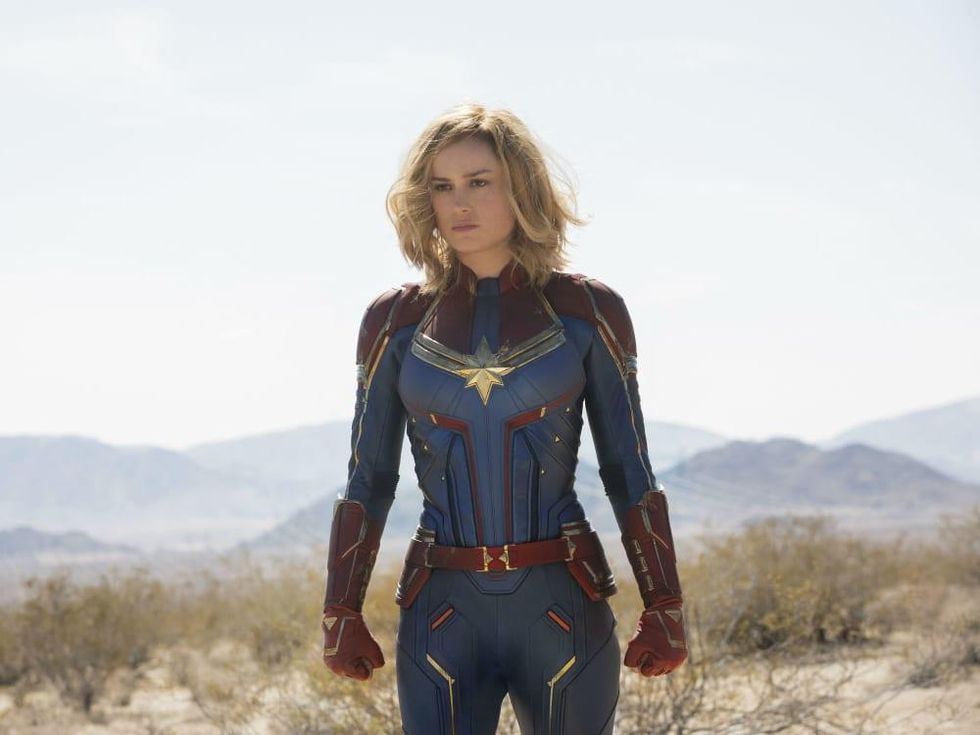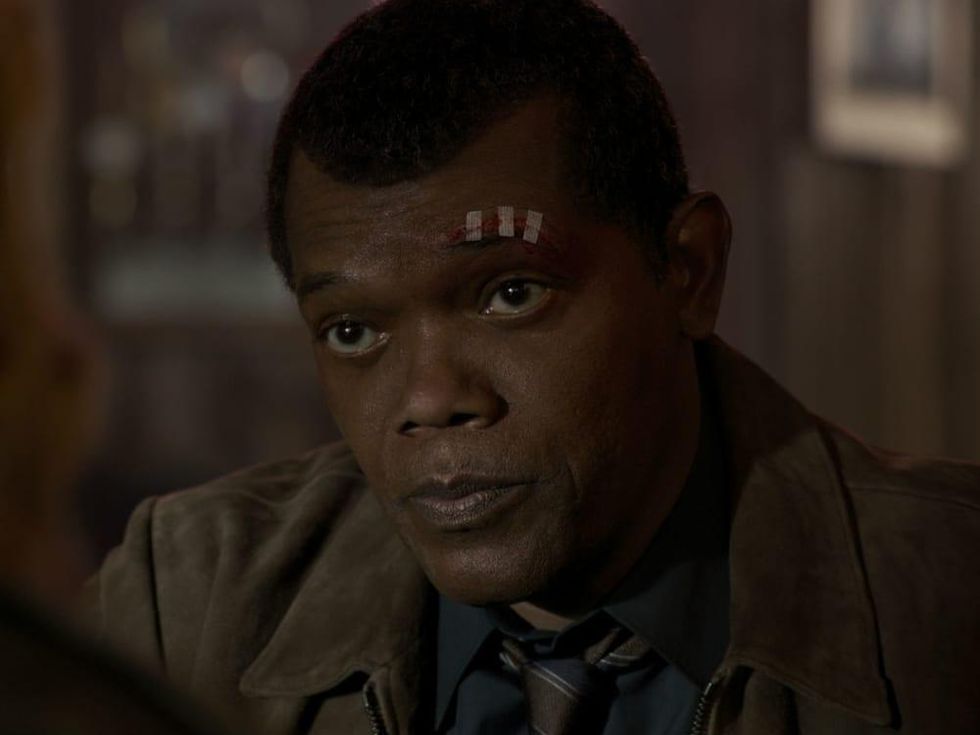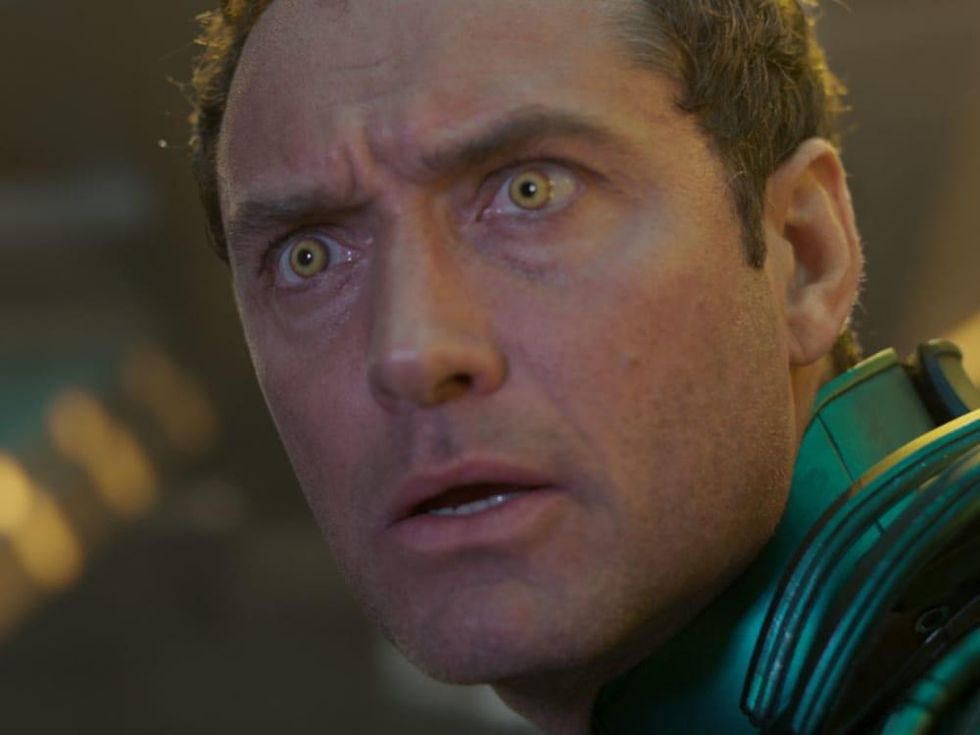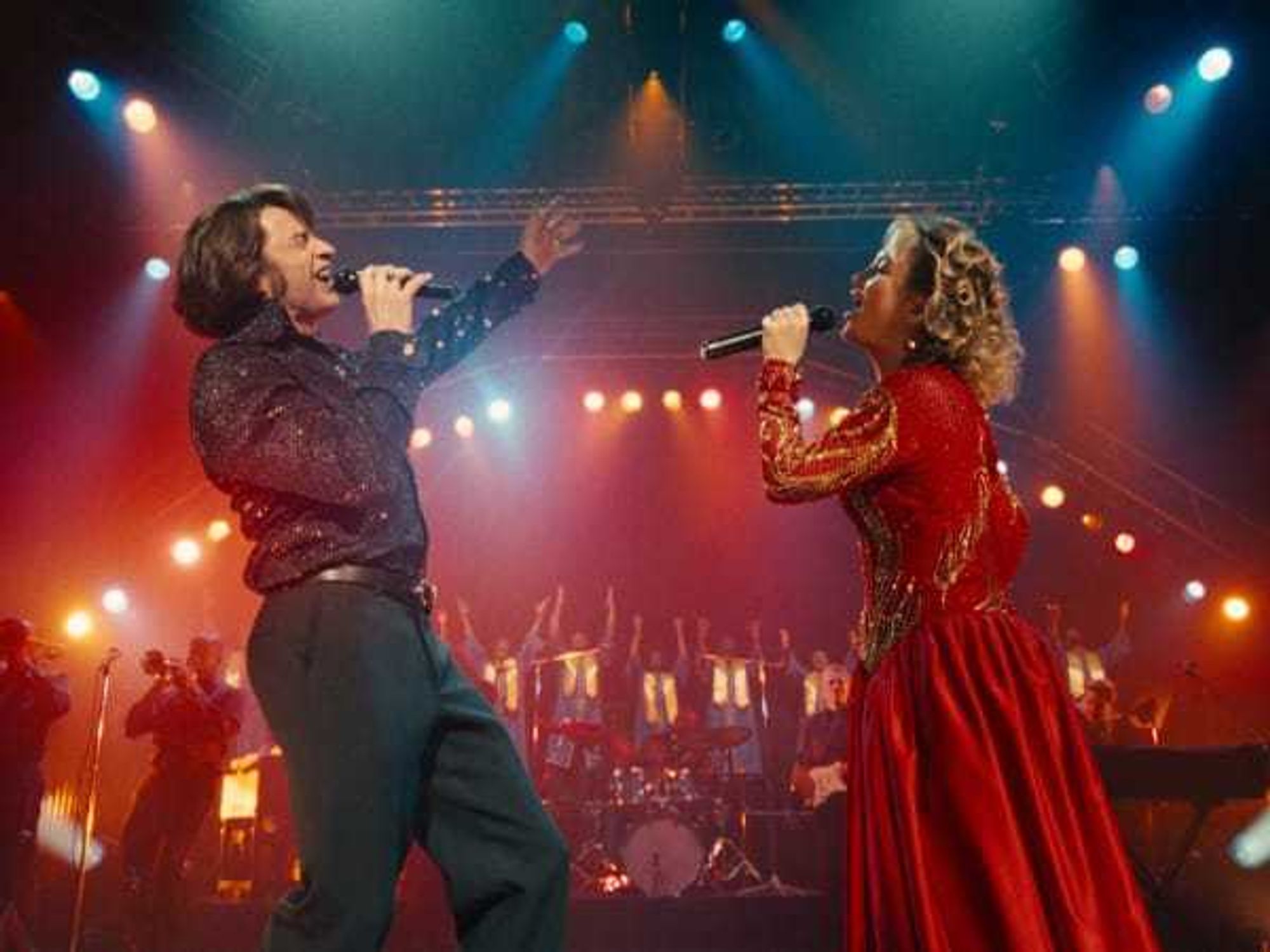Movie Review
Brie Larson's star power rules the galaxy in Captain Marvel
The storytelling/business model that Marvel Studios has developed over the past 10-plus years is both genius and puzzling. Because each subsequent film is connected to those that came before it, they have created a world in which filmgoers feel the need to see each and every movie that comes out. At the same time, not allowing a new film to stand on its own two legs sometimes prevents new characters from establishing their own identity.
Before a second of Captain Marvel comes on screen, there are already huge expectations on the title character (played by Brie Larson), as her symbol was famously seen in the final moments of Avengers: Infinity War when Nick Fury (Samuel L. Jackson) desperately sent her a message as he crumbled into dust. So instead of this movie being a true origin story about the first lead female superhero in the Marvel Cinematic Universe, it serves as a retconning of events to fit that certain cataclysmic event.
Still, it’s a heck of a lot of fun to see her story play out, even with that extra weight attached to it. Writer/directors Anna Boden and Ryan Fleck (moving up to the big time after four acclaimed but under-seen independent movies) structure the film in an unexpected order, starting off with Vers (Larson) in space helping Yon-Rogg (Jude Law) and her fellow race of Kree warriors protect their way of life from the menacing Skrulls, led by Talos (Ben Mendelsohn).
That battle results in Vers crash-landing on Earth in 1995, where she, with the help of a much younger version of S.H.I.E.L.D. agent Fury, discovers that her past consists of more than just her time with the Kree. She used to be known as Carol Danvers, an Air Force pilot who, along with her best friend Maria Rambeau (Lashana Lynch), helped test out new planes for her boss (Annette Bening).
To say much more would be delving into spoiler territory, but suffice it to say that the discoveries Danvers/Vers makes on her way to becoming Captain Marvel change her perspective a great deal. As with most of the Marvel movies, the film is most successful when it stays small and focuses on the personal aspects of its characters. The interplay between Danvers and Fury, and later Danvers and Rambeau, evolve the characters much more than any action scene could ever do.
Another Marvel staple is to keep the story light and entertaining, and Captain Marvel is on par with Guardians of the Galaxy and Ant-Man in that respect. Part of it is the ‘90s setting, which Boden, Fleck, and co-writer Geneva Robertson-Dworet use to their full advantage. Clever references abound, including everything from Blockbuster Video to Mallrats to the slowness of dial-up Internet. They also load up the film with ‘90s-era music, perhaps a bit too much; among others, the cue of No Doubt’s “Just a Girl” is enjoyable but obvious.
In fact, predictability is where the film falters the most. It’s not just the general story arc, which, given the prior knowledge about Captain Marvel, can only go in one direction. Several twists are telegraphed from early on in the movie, lessening the impact of their ultimate reveals. However, because the filmmakers play with the form of the story, the film never succumbs to its failures.
Oscar winner Larson makes for an ideal hero, tough but vulnerable, with the acting chops to sell both the big and small scenes equally well. Jackson, as well as Clark Gregg as Agent Coulson, is digitally de-aged by 25 years highly effectively, something that has been done before but not to this extent. His performance represents either a bold new era in filmmaking or the death knell for actors as we know them; time will tell.
As engaging a film as Captain Marvel is, it’s a tad disappointing that it mostly serves as an appetizer for the main course of Avengers: Endgame in April. Captain Marvel may wind up being the one to save the galaxy, but she’ll have to wait for a film where she can shine on her own.




